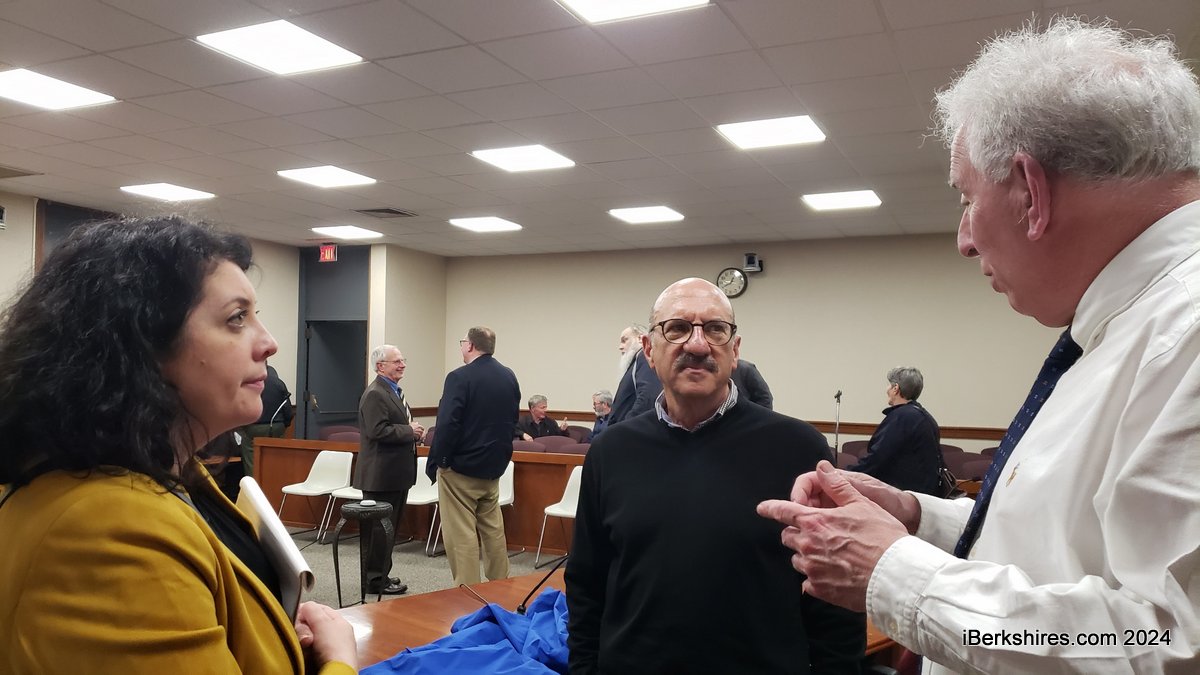
Can 'AI' Help You Become a Better Investor?
 |
For the past several years, artificial intelligence – or AI – has increasingly found a place in many walks of life. Almost certainly, you use some form of AI, whether it's your time on social media, your use of mobile banking, the navigation system you rely on for directions, or any of the many other AI-driven applications relevant to your daily life. But AI has also become a significant part of the financial services industry. So, you might wonder if AI can help you become a better investor.
To begin with, what is AI? Essentially, it's the ability of a computer program or machine to think or learn. Using complex algorithms (a set of rules, or steps), computers and machines can mimic many of the thought processes of human beings.
But how can you use AI to invest? And should you?
In the financial services world, many companies use AI to select investments for specific funds. On an individual level, you can work with an AI-powered "robo-advisor" to build an investment portfolio. These robo-advisors are typically quite affordable, and they generally follow proven investment principles, such as diversification, in making recommendations.
Yet, you are more than just the sum of your answers to a robo-advisor's online questionnaire. Investing is a highly personal matter, which means that, in the following areas, you may well benefit from some human intelligence – and empathy:
* Understanding of your risk tolerance: A robo-advisor will ask you to identify your tolerance for risk – low, medium, high – and will plug in your answers when constructing a portfolio. But only a human financial advisor – someone who truly knows you, your personality, your family situation and your hopes for the future – can know how your sensitivity to risk might cause you to react to events such as sudden market declines. Armed with this knowledge, a financial advisor can talk through your options to help keep you on the road toward your goals.
* Answers to qualitative questions: A robo-advisor can provide you with many key data points – rates of return, projections of future accumulations, etc. But so can a personal financial advisor, who can also go beyond the numbers to help you answer qualitative, subjective questions: How can I save for college for my children and my own retirement at the same time? If I change jobs, should I leave my 401(k) in my former employer's plan, move it to my new employer's plan or roll it over to an IRA? What's the best way to guard my financial independence if I ever need some type of long-term care, such as an extended stay in a nursing home?
* Guidance for the "big picture": Your investments are important, but they are also connected to other areas of your life, including your taxes and your estate plans. And while a financial advisor might not provide you with tax or legal advice, he or she may be able to connect you to other, appropriate professionals, and work with them to help you put together your "big picture." That’s not something a typical robo-advisor is equipped to do.
Artificial intelligence will support many of your activities throughout your life. But when it comes to investing, a personal touch may never become obsolete.
This article was written by Edward Jones for use by your local Edward Jones financial advisor. Courtesy of Rob Adams, 71 Main Street, North Adams, MA 01247, 413-664-9253.. Edward Jones, its employees and financial advisors cannot provide tax or legal advice. You should consult your attorney or qualified tax advisor regarding your situation. For more information, see EdwardJones.com.
















